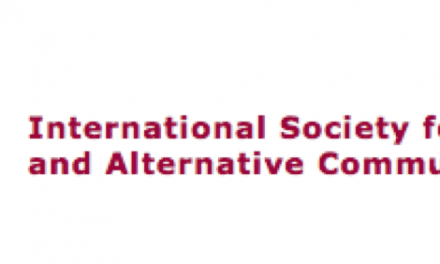Unless there is a last-minute development, today the federal government will be required to cut a total of $85 billion—split 50-50 between defense and non-defense discretionary spending—as mandated by the Budget Control Act (BCA) of 2011 and January’s American Taxpayer Relief Act (ATRA). These across-the-board cuts, which would start in April, are to include the areas of health care, education, housing, research, national parks, federal courts, the FBI and TSA, and food inspections, to name a few.
The American Speech Language Hearing Association provided a brief analysis of what it views as areas most likely to impact audiologists and speech language pathologists (SLPs). These include a 2% reduction in Medicare payment on services provided after April 1. According to ASHA, CMS will notify providers prior to payment cuts.
Additionally, most government-funded programs involving audiologists and SLPs could be directly impacted by the 8.4% reduction in federal funding—although each agency’s director has the discretion to decide on the specific cuts made. One example that ASHA cited was that the Early Hearing Detection and Intervention (EDHI) programs, which are funded by the Health Resources and Services Administration (HRSA), could be significantly impacted. Additionally, agencies like the National Institutes of Health (NIH) may need to furlough employees (again, each federal agency’s director controls where cuts are made). Most cases involving furloughs would also involve various required notification/implementation dates.
Because the budget cuts won’t actually take effect until April, it’s possible that Congress could come together and produce a short-term or long-term deal before the effects are felt. However, news reports suggest that the deadlocked Congress is now taking a “wait and see” approach relative to the potential economic and political fallout from sequestration. President Obama and the majority of Democrats in Congress say that any deal must include more revenue from ending some tax breaks and/or loopholes on high earners; the majority of Republicans in Congress, who already had to swallow a tax increase for top earners in the fiscal-cliff deal, reject any more taxes.




